
Understanding Equine Muscle Atrophy
Discover the causes, treatment, and prevention of this common muscular problem in horses.

Discover the causes, treatment, and prevention of this common muscular problem in horses.

Horses with certain health conditions should skip sweet treats. Find out if your horse is one.

A sports medicine specialist looks at what could cause a Western dressage horse to travel haunches-in during the right-lead canter.

Horses with PSSM1 might benefit from magnesium supplementation, but it is important to use the right form and reevaluate its effects on your horse periodically.
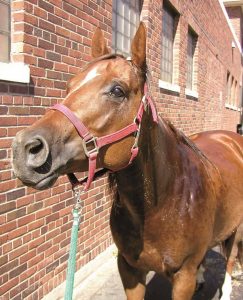
Tying-up is a painful muscle condition in horses. An equine nutritionist offers advice on how to balance your horse’s diet to decrease the likelihood of an episode.

The steps you take to care for your horse both immediately after a competition and once you’re back home are important to his athletic longevity.

Choosing a diet that is low in starch and sugar can help reduce excess muscle glycogen storage in horses with PSSM.
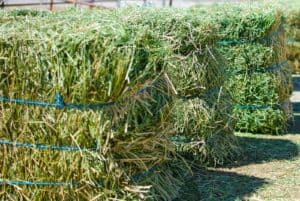
Does alfalfa cause kidney or respiratory problems or make horses hyper? Specialists shed light on these myths and more.

Standing surgery allows for treatment options that might not have been possible previously due to risks associated with general anesthesia.
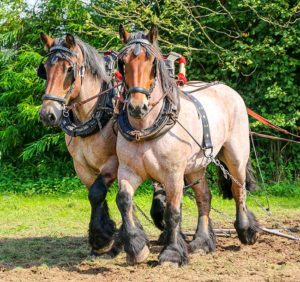
Researchers are redefining the muscular diseases long called “tying-up.” While they seem similar, the causes are different, and each requires specific management.
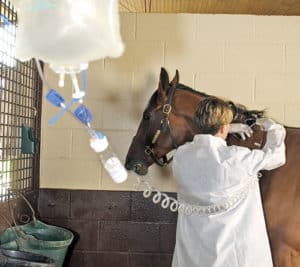
Learn how fluid therapy enhances horses’ recovery from life-threatening diseases by correcting dehydration and shock.

Learn about common upper airway problems in horses and how to address them in this visual guide. Sponsored by Endoscopy Support Services Inc.
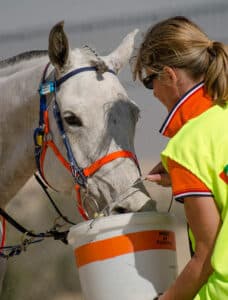
Reduce sporadic episodes of exertional rhabdomyolysis by providing plenty of forage and meeting these unique equine athletes’ nutrient requirements.
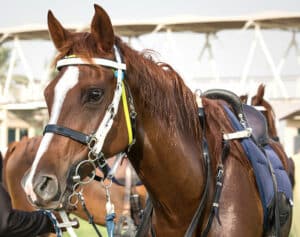
Measure and understand your horse’s unique exercise heat patterns so you can promote recovery and prevent heat stroke.

Training horses in the spring and summer can present some challenges. Learn how your horse’s body adapts to exercise training, how he acclimates to spring and summer weather conditions, and what you can do to help him perform at his best.

The equine respiratory tract is so highly specialized for exercise that even the slightest deviation from normal can limit a horse’s athletic career.
Stay on top of the most recent Horse Health news with
© 2022 Copyright Statement dolor sit amet, consetetur sadipscing User Terms, sed diam nonumy eirmod tempor invidunt ut labore et dolore magna aliquyam erat, sed diam voluptua. At vero eos et accusam et justo duo dolores et ea rebum. Stet clita kasd gubergren, no sea takimata sanctus est Lorem ipsum dolor sit amet.
"*" indicates required fields